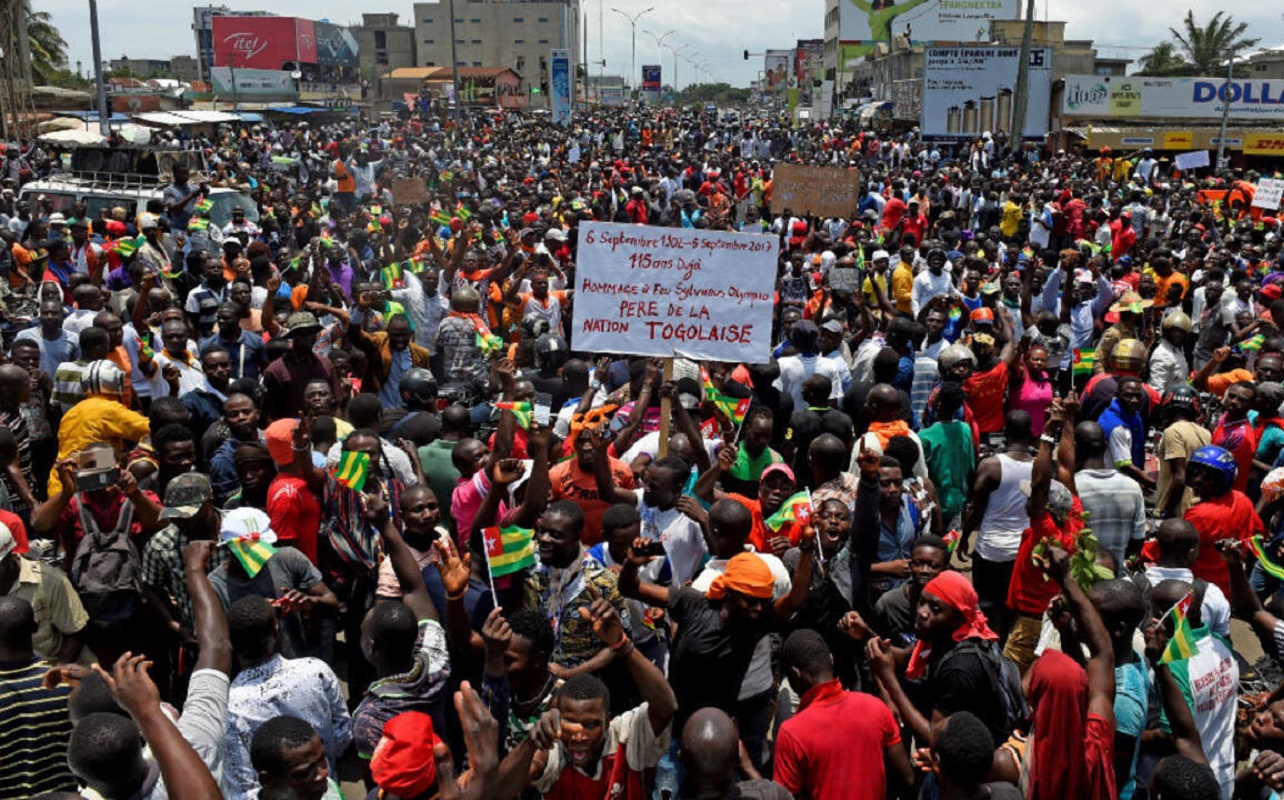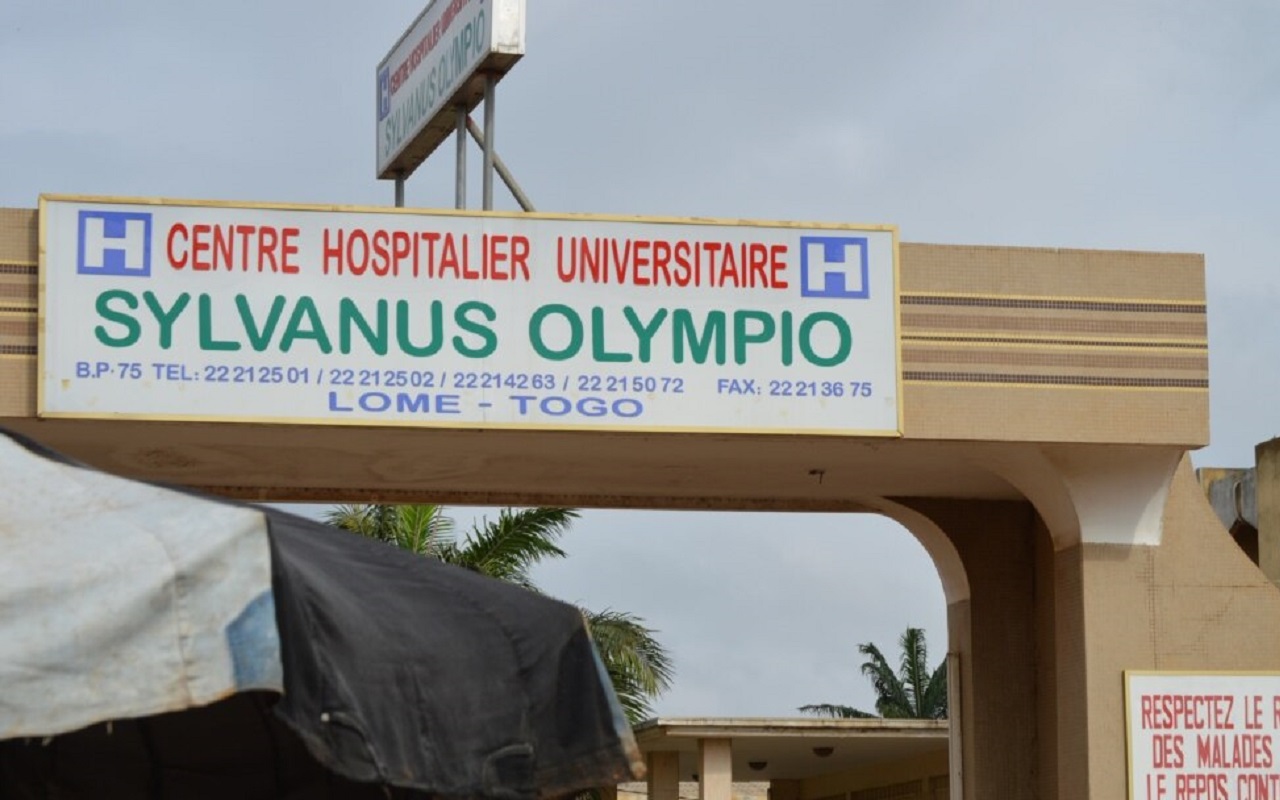In a renewed effort to demand justice and honor those killed during the June 2025 protests, several civil society organizations have announced a peaceful march scheduled for August 9, 2025, in the capital city of Togo, Lomé. Despite two prior rejections from the Ministry of Territorial Administration, the organizers, led by the NGO Novation Internationale, say they are determined to amplify the voices of grieving families and denounce what they describe as “ongoing impunity.”
According to an official notice sent to authorities, the march is set to begin at 11 a.m. at Bè Gakpoto Yéssouvito, progressing through Aklassou Street, then Bè-Hédjé Street, and ending at La Lagune de Bè, in Lavista Park. The symbolic route cuts through working-class neighborhoods that bore the brunt of violent repression in June.
This planned demonstration serves as a litmus test for the government’s claimed commitment to civil liberties — a claim civil society groups have long contested.
“This march is not just a tribute; it is a call for accountability,” stated a spokesperson for Novation Internationale.
Seven Killed in June protests, Government Denies Responsibility
At least seven people were reportedly killed during the peaceful June protests, according to civil society accounts. The government has disputed these numbers, but in the immediate aftermath, it promised an investigation.
“In Togo, investigations are like windows — they’re easy to open, but somehow never get closed,” remarked a Togolese journalist. So far, no concrete updates have been provided on the promised inquiry.
Minister Struggles to Justify Government Stance on International Media
Adding to public frustration, Togolese Minister of Human Rights Pacôme Adjourouvi recently appeared on several French media outlets, including TV5 Monde, where he was grilled about the political situation. The minister attempted to present the government’s version of events, but struggled to reconcile it with widely documented evidence — including footage of police violence and militia involvement.
When asked whether future protests would be permitted, Adjourouvi avoided giving a clear answer. While he insisted that “the right to protest is not banned in Togo,” critics pointed out that nearly all anti-government demonstrations have been violently suppressed since August 2017, when mass protests first erupted calling for President Faure Gnassingbé’s resignation.
The situation has only become more volatile in recent months, following yet another controversial constitutional revision, which many view as a strategy to further entrench the current regime.
Meanwhile, access to the internet remains heavily restricted in the country. Platforms such as TikTok and Facebook are barely accessible without a VPN, deepening fears that the government is tightening its control on information and dissent.
As August 9 approaches, civil society groups are calling on citizens, international observers, and human rights defenders to remain vigilant — and to stand in solidarity with those seeking truth and justice.




